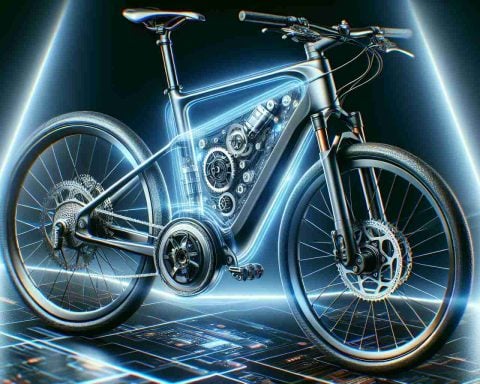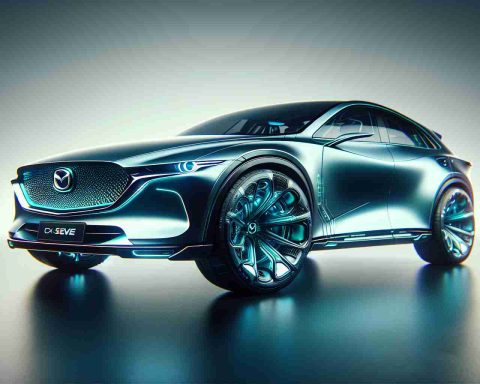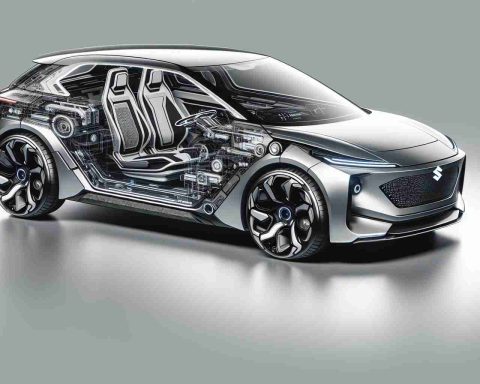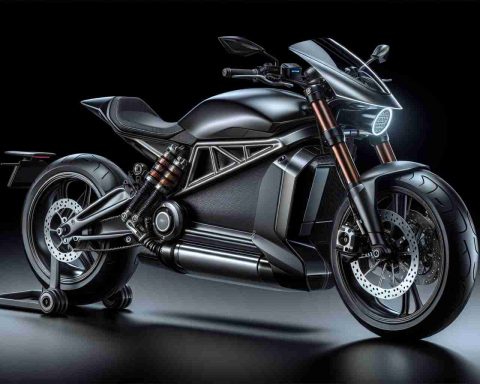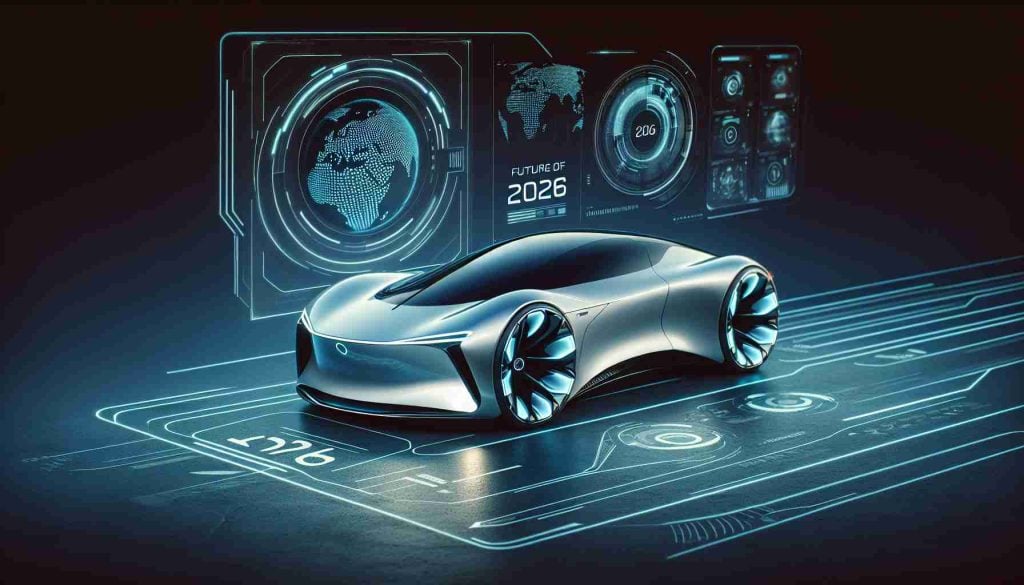- The EV market is highly competitive, with major brands dominating sales and pushing smaller manufacturers to the brink.
- In China, top brands control over 90% of the EV market, resulting in significant challenges for smaller players facing production and sales declines.
- Some smaller companies, like Aiways and HYCAN, are pivoting to international markets or downsizing due to pressure.
- Outside of China, smaller EV manufacturers such as Lucid and Togg are experiencing notable growth, highlighting a contrast in market dynamics.
- Strong brand identity is increasingly important for small EV manufacturers aiming to succeed in a crowded market.
- Adaptability and innovation are crucial as the EV landscape evolves, providing opportunities for those willing to pivot.
The electric vehicle (EV) market is an exhilarating yet treacherous landscape, where colossal players often overshadow smaller challengers. In 2024, many of these smaller manufacturers, selling less than 150,000 cars annually, faced a storm of challenges, from production halts to strategic makeovers, and some even vanished from the scene.
In China, the race is particularly ruthless. With the top 15 EV brands dominating over 90% of sales, smaller companies are struggling to survive amid fierce competition and price wars. The market landscape changed dramatically, as brands like Human Horizons and Neta underwent severe downturns, experiencing staggering sales drops. Once-promising manufacturers like Aiways, now shifting their gaze to Europe, and HYCAN, which reduced its workforce dramatically, symbolize the dire state of smaller players.
Yet, it’s not all doom and gloom—some are forging ahead. In sharp contrast to their Chinese counterparts, smaller EV makers beyond China are enjoying fruitful growth. For instance, Lucid recently surpassed 10,000 sales for the first time, marking a 92% increase from last year. Turkey’s Togg also thrived with a stunning 54% growth.
As the EV market continues to expand globally, even small players can find their footing. But one crucial factor distinguishes the thriving brands from the floundering ones: strong brand identity. As the industry evolves, establishing a recognizable brand becomes vital for small EV makers to stand out in an increasingly crowded field.
In this high-stakes arena, adaptability is key. As some exit and others pivot, the continuing growth of the market suggests that while the landscape may shift, there is still room for innovation and success.
Electric Vehicle Market Takes a Thrilling Turn: Small Players Thrive Amid Challenges
The Electric Vehicle Market Landscape in 2024
The electric vehicle (EV) market in 2024 is marked by intense competition, where larger companies often overshadow smaller manufacturers. However, amid adversity, a significant transformation is underway, showcasing resilience and adaptability among smaller EV makers globally.
# Key Trends and Insights
1. Global Expansion: While many smaller EV manufacturers in China are struggling, international players are finding lucrative opportunities. For example, Rivian, known for its electric trucks, is expanding its production capacity, aiming for greater market share in the U.S.
2. Technological Innovations: Advances in battery technology and autonomous driving features are becoming vital differentiators. Companies like Faraday Future are focusing on luxury and technology to captivate specific market segments.
3. Sustainability Focus: A growing emphasis on sustainability is shaping consumer preferences. Brands that prioritize eco-friendly materials and sustainable manufacturing practices, such as Polestar, are becoming increasingly popular.
4. Market Forecasts: Analysts predict that by 2025, the EV market share in new vehicle sales could exceed 30% globally. The increasing regulatory pressure for emissions reductions will drive this growth.
5. Consumer Preferences: There is a notable shift in consumer interest towards vehicles with longer ranges and faster charging capabilities. This has prompted smaller manufacturers to innovate rapidly.
FAQs
What are the primary challenges facing smaller EV manufacturers?
Smaller EV manufacturers mainly face challenges such as fierce competition from established brands, limited production capacity, and difficulties in scaling operations. Additionally, they often struggle with brand recognition in a market saturated with options.
How are smaller EV brands finding success?
Smaller EV brands are finding success by focusing on niche markets, leveraging innovative technologies, and building strong brand identities. By offering unique, high-quality products that cater to specific consumer needs or preferences, they can stand out in the crowded marketplace.
What does the future hold for the EV market?
The future of the EV market looks promising, with expectations of continued growth driven by technological advancements, increasing consumer demand, and supportive regulatory frameworks. Innovations in battery technology and an emphasis on sustainability will likely push the market towards greater acceptance and expansion.
Suggested Related Links
– Forbes
– Business Insider
– Reuters
As the electric vehicle market evolves, small manufacturers are discovering unique avenues for growth and success, demonstrating that even in a challenging environment, innovation and a strong brand identity can pave the way for a prosperous future.





